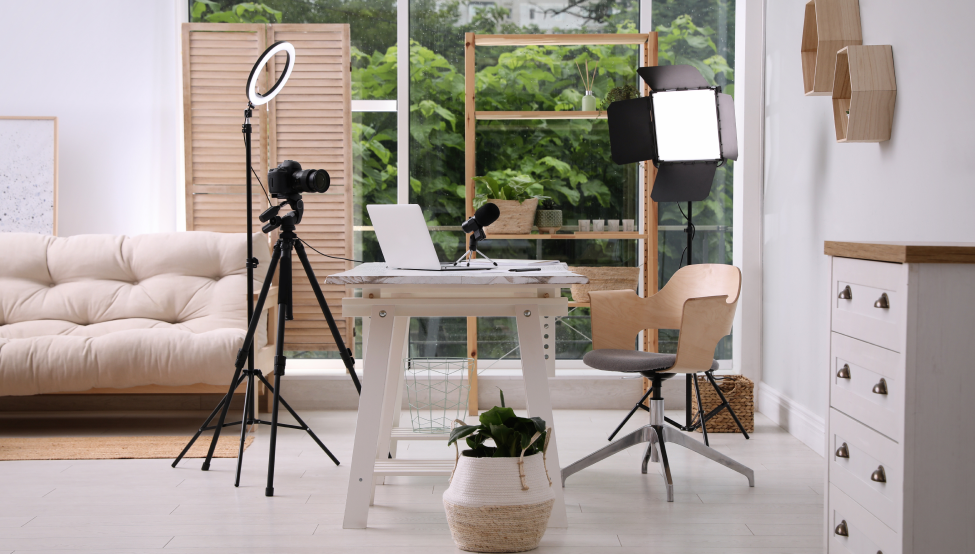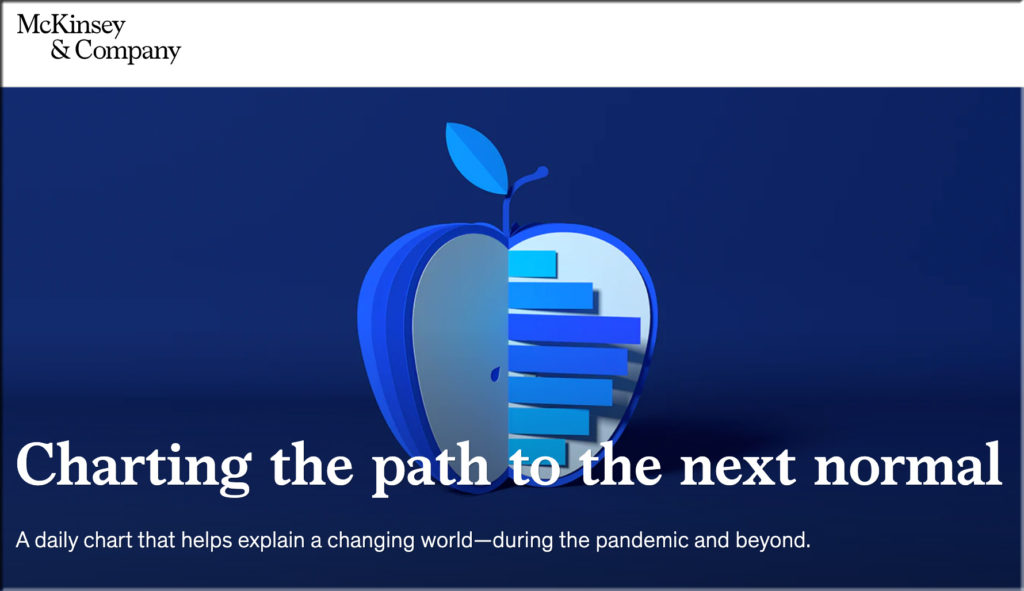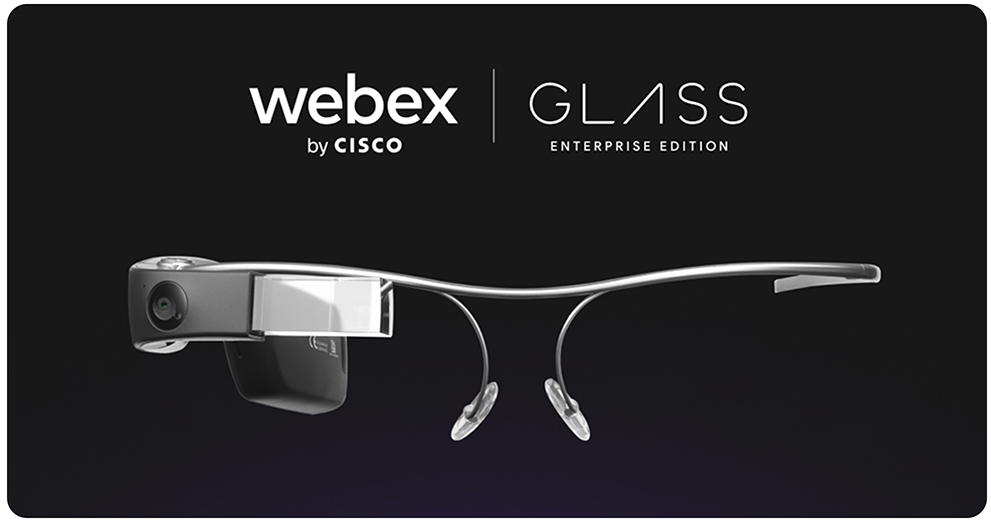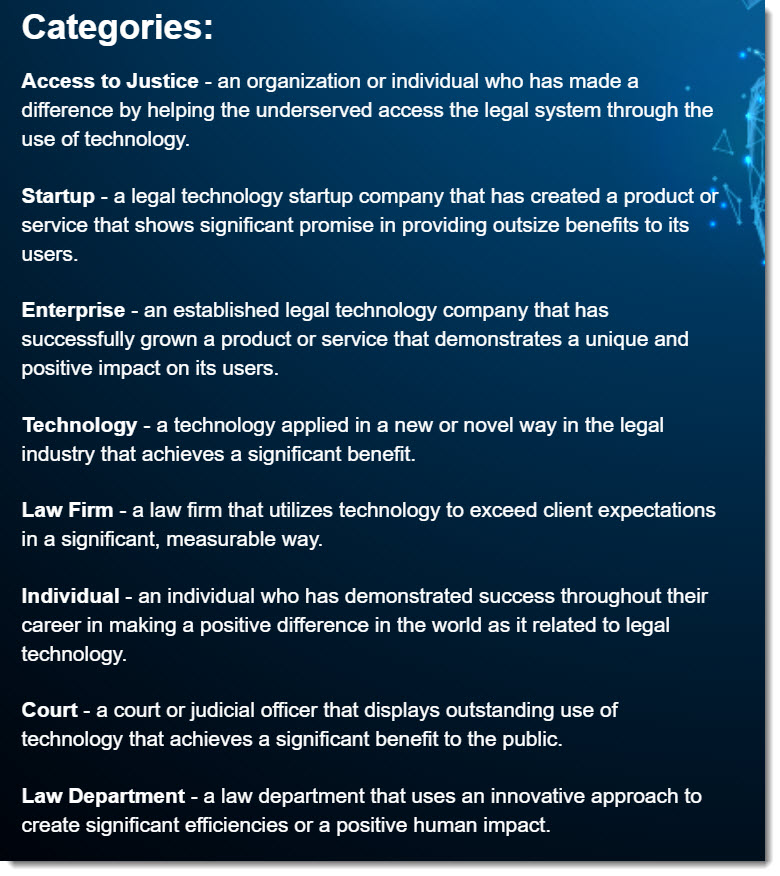Only 37% of Lawyers are Satisfied with their Firm’s Technology — from artificiallawyer.com
Excerpt:
A new survey has found that only 36.7% of lawyers are satisfied with the tech tools on offer at their firms, and with only 37.1% saying that they had used a new product at their law firm in the last six months. So, they’re not too happy with what they’ve got, while most firms are not bringing in anything much that is new either.
…
Mat Rotenberg, CEO of Dashboard Legal, the company that conducted the survey, told Artificial Lawyer that a key factor here is the retention of talent, i.e. that underinvesting in tech that removed drudgery would inevitably contribute to lawyer attrition.
‘This survey raises the question of whether firms are doing what they can to retain top talent. It appears that partners are not asking associates what they want to make their lives better.’
He noted that the survey data also showed that although lawyers were not that pleased with what was on offer, they did indeed value tech solutions and believed they could help.












